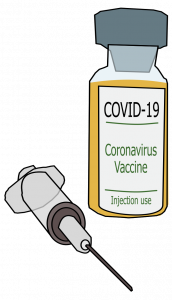By Prof John Coggon, Professor of Law and Co-Director, Centre for Health, Law, and Society (University of Bristol Law School).
Scholars at the University of Bristol Law School have enjoyed a longstanding presence at the forefront of research in health law, and the undergraduate unit in Medical Law has become one of the most popular options on our degree programme. The School is home to leaders in fields that examine health law topics such as reproduction, mental health, public and global health, medical innovation, public procurement, and professional regulation. Our academics explore these issues from critical perspectives that include ethical, justice-based, historical, regulatory, economic, political and socio-legal approaches. As well as leading in research and education, we have close engagement with bodies responsible for advocacy, regulation, standard-setting, professional training, and providing ethical review and advice.
In reflection of this excellent concentration of expertise and experience, we have founded a new research Centre and are launching an exciting LLM Programme in Health, Law, and Society. Our aim with this innovative degree is to advance a course that looks at, but also reaches far beyond, questions concerning medicine and healthcare, to incorporate knowledge and understanding of how law and governance across all social and political sectors may impact health—for better or for worse. The breadth and depth of study on the course, reflecting directly our diverse range of teaching and research interests, is enhanced by the inclusion throughout the year of guest sessions led by scholars and specialists whose work and practice afford them unique insights and perspectives. (more…)




